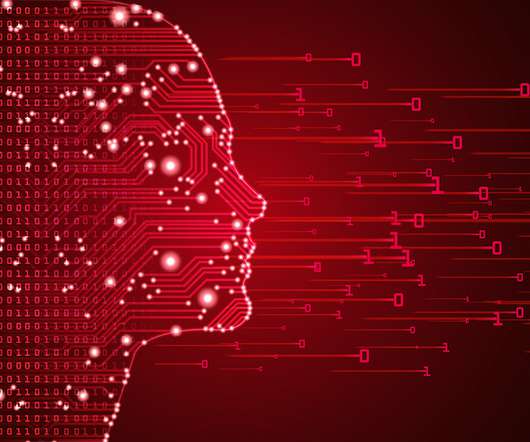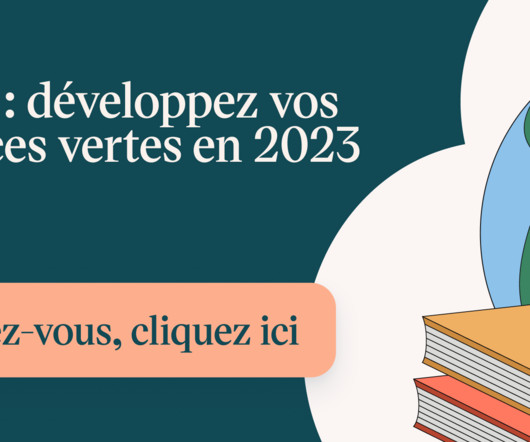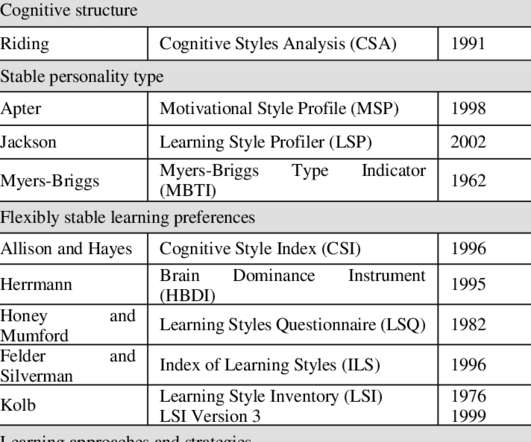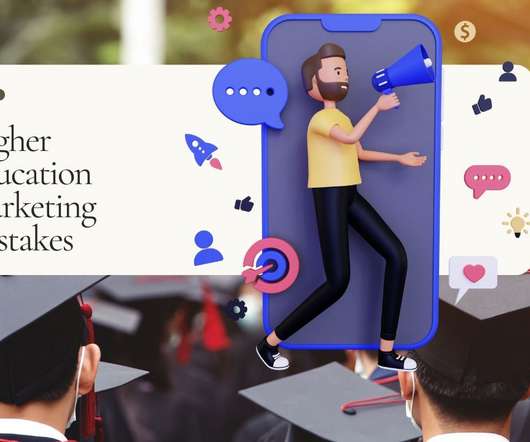The Future of Reading: eReaders in the Digital Age
Kitaboo
JANUARY 30, 2024
In today’s digital age, various industries are undergoing significant transformations, and the education industry is no exception. One such means is digital book readers or eReaders. It was only with the incorporation of the technology of ePaper that things turned around. billion by 2030.
















































Let's personalize your content